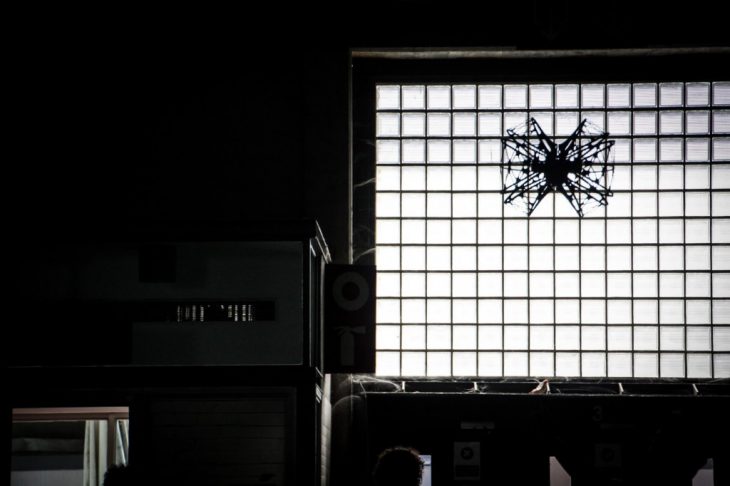IAAC – Master in Robotics and Advanced Construction
Studio II
Faculty: Aldo Sollazzo, Daniel Serrano.
STUDIO II // COGNIFY CONSTRUCTION
 Credits: Noumena
Credits: Noumena
Syllabus
Today, many construction operations have incorporated automated equipment, means, and methods into their regular practices. Although the adoption of automation in the building construction sector has been slow, principles of industrial automation are applicable to this domain, both to building construction, civil engineering and prefabrication of construction components.
Improved sensor technologies and the widening use of the Building Information Modeling (BIM) will offer new possibilities to cover various needs and operations taking place throughout the building life cycle.
These can play a key role in future construction automation. As construction becomes more complex, is becoming increasingly necessary the development of robot technologies that help to construct, monitor, inspect and manage infrastructures, construction sites and fabrication systems.
Several robots are entering the construction industry in the form of autonomous rovers, drones, robotic arms equipped with high definition cameras and sensors that allow them to navigate their way around sites.Vision-based robotic sensing techniques are used for several operations, for structural crack detection and structural displacement monitoring or quality control, timeliness and meeting targets, health & safety, conformance with plans and specifications.
Construction monitoring is an accurate and positive way of checking the quality, accuracy, and progress in a construction site.
Learning objectives
During the second semester, students will integrate increasing amounts of data in their workflow, using robotic sensing and digital simulation to get new information of the construction process.
Physical computing and analytics will help drive new decision-making processes including iterative logics, computational optimization, and artificial intelligence.